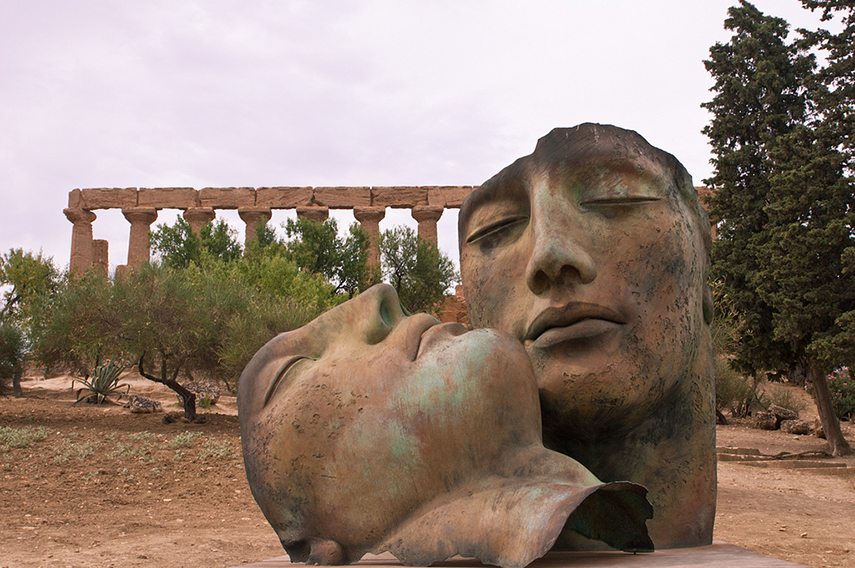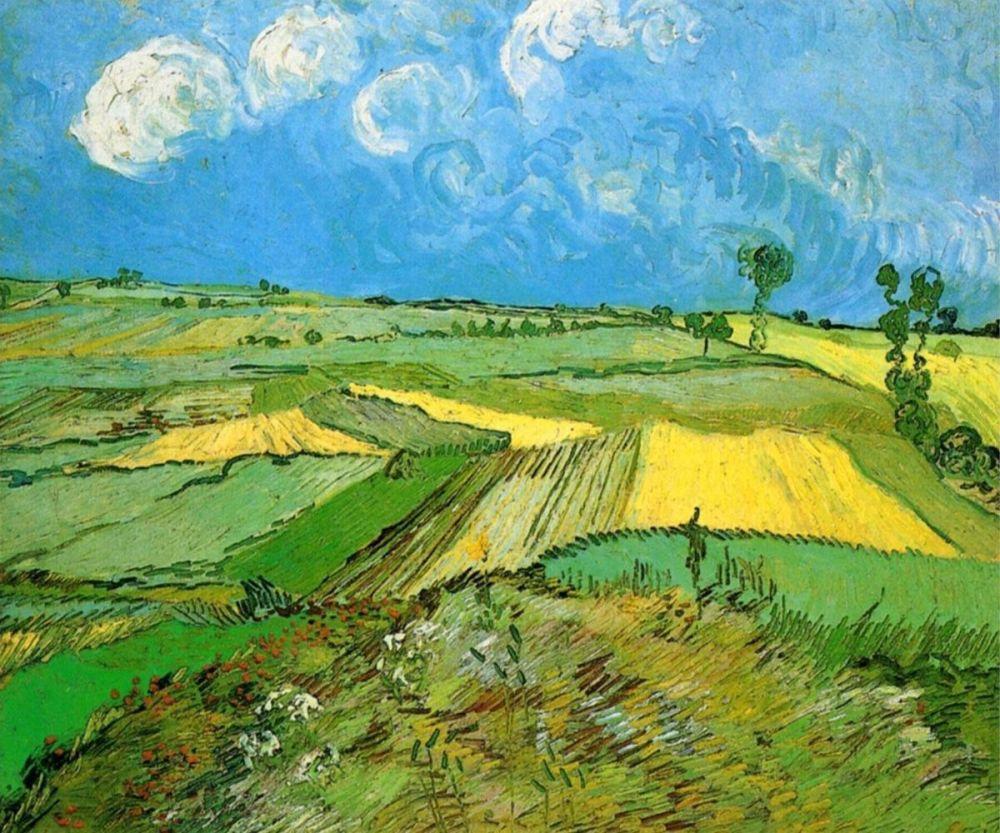April 04, 2020
April 03, 2020
Enquanto o Ocidente discutia
There’s Nothing Generous About Putin’s Coronavirus Aid to US
Russian state media make it clear Putin’s “humanitarian aid” to the U.S. is anything but. It’s meant to show Russia’s superiority over an America in disastrous decline.
The ventilators provided by Russia, as it happens, were manufactured by a subsidiary of a company that is currently under U.S. sanctions. Concern Radio-Electronic Technologies is a holding company within the Russian state-owned Rostec group.
Putin estava a ver se conseguia que lhe levantassem as sanções mas não teve sorte nenhuma porque a resolução de cooperação passada na ONU não revoga as sanções, razão pela qual ele não a assinou.
Enquanto o mundo esteve ocupado com a crise nos EUA, o Brexit e agora o Coronavirus Li Wenliang, Putin tem estado ocupado a urdir a sovietização da Rússia, cada vez mais militarizada, mais autocrítica, com líderes mais inamovíveis. E não tem parado de minar a Ucrânia.
Eternal Love by Igor Mitoraj
Igor Mitoraj , um escultor polaco que se inspirava na ideia de beleza quebrada. Dramáticas, sobretudo quando expostas aos elementos em contextos mediterrâneos, por serem de perfil clássico, as peças dele atingem-nos com a nostalgia das obras clássicas fragmentadas pela passagem do tempo. O ideal eterno em contraste com a efemeridade da matéria.
De Chirico, 'A Canção do Amor'
Apolo, o deus sol, o deus da beleza, da harmonia, da música e da poesia, mas nos escritos de Nietzsche, que muito influenciaram Chirico, ele preside ao mundo dos sonhos.
Uma pintura tão distante de Van Gogh. Metafísica. A nostalgia do mundo clássico, do ideial clássico a desaparecer no mundo da industria e da técnica.
De Chirico
O aniversário de Van Gogh foi há uns dias
Como é que alguém tão atormentado, via tudo tão belo e brilhante, cheio de energia vibrante? Tanta esperança na beleza da natureza, umas vezes descontrolada, cheia de movimento, outras, nietzschiana, como um eterno retorno do mesmo. Os padrões da natureza e da vida humana nela. Aquele derrame descontrolado de luz em cima das telas. Os amarelos, os azuis e os laranjas. Tudo tão descarnado e real. Nem alegre, nem triste. Só o que é, mas num dia de quente de sol.
Livros - The Tale of Genji
Estive a ler a introdução. Mais logo começo a ler as histórias. The Tale of Genji foi escrito no século XI, por volta de 1010, por Murasaki Shikibu, uma japonesa nobre, aia na corte. É considerada a primeira novela alguma vez escrita. Já estive muitas vezes para ler mas esperava uma boa edição, com a reprodução das pinturas e caligrafia. É agora. Depois conto.
Coronavirus Li Wenliang - prognósticos antes do fim do jogo
Dia 14 de Março disse num post aqui do blog que esta crise, aqui em Portugal, estava acabada lá para o fim de Maio e que em Julho estava resolvida internacionalmente - isto disse uns dias depois.
Vamos ver se acerto 🙂
European Centre for Disease Prevention and Control
#FreeAssange - liberdade de expressão
Great message of solidarity with Julian #Assange in a short message from @johnmcdonnellMP..— ScotlandForAssange (@AssangeScotland) March 2, 2020
'..their moral judgement was that these were war crimes being perpetrated here in our name and that they wanted the word to know.'#FreeAssange #WarCrimespic.twitter.com/hLROgSEryR
É um descanso saber que o 'mundo livre' é liderado pela família de Trump
Dear Jared Kushner of the @realDonaldTrump Administration: We are the UNITED STATES of America. The federal stockpile is reserved for all Americans living in our states, not just federal employees. Get it? https://t.co/VB4Z2YGp4J— Ted Lieu (@tedlieu) April 3, 2020
Coronavirus Li Wenliang, - como calar uma jornalista da Fox News
How to ensure you don't get follow-up questions on Fox, apparently. pic.twitter.com/nOUqw4ZVhO— Ben Smith (@benyt) April 2, 2020
Não é o sonho que comanda a vida, é o dinheiro
Um avião chinês que devia trazer máscaras para França, já encomendadas, foi desviado para os EUA quando a empresa foi interceptada, já a caminho do aeroporto com as máscaras, por americanos, que pagaram o dobro, sem ver a encomenda, como têm feito por todo o lado.
Une commande française de masques détournée vers les Etats-Unis sur un tarmac chinois
«La commande avec le paiement a été réalisée, c’est-à-dire que les masques sont fabriqués et en attente en Chine, assurait l’élu. La difficulté que nous rencontrons c’est l’acheminement. […] Ce matin sur le tarmac [de l’aéroport], en Chine, une commande française a été achetée par les Américains cash, et l’avion qui devait venir en France est parti directement aux Etats-Unis. Devant ces problèmes, je suis en train de sécuriser la marchandise de façon à ce […] qu’elle ne soit pas saisie ou achetée par d’autres.» Au prix d’un retard de plusieurs jours dans la livraison.
«C’est le chaos logistique en Chine, rapporte une source. Les Américains commandent deux ou trois milliards de masques : avec nos cinq petits millions, on passe toujours après. La livraison devait arriver il y a dix jours, mais l’aéroport de Shenzhen était engorgé. Notre importateur a tout mis dans un camion, direction Shanghai, mais c’est pire : le camion est coincé sur la route derrière tous ceux qui attendent leur tour. On l’a dérouté vers Zhengzhou, où l’on pense que la situation est meilleure. J’appelle notre importateur deux fois par jour pour sécuriser les choses, mais on se demande si on ne ferait pas mieux d’utiliser le train ou le bateau…»
Leituras pela manhã
What does the corona crisis teach us about the value of work?
BY LISA HERZOG
During times of emergency priority is given to jobs that matter most in the short run: those that literally keep us alive. It is because we are more than our digital avatars, because we have bodies and our bodies have needs, that we depend on those who care for others or drive lorries with foodstuffs. Briefly, a contributory assessment of work brings jobs that cater directly to basic human needs to light.In contrast, a market approach to work sees human activity as nothing but an input factor into a production process that ultimately serves the maximisation of profits. We have become so used to this perspective that we’ve forgotten that for much of human history an exclusive desire to make money was considered a pathology, a kind of addiction that is more likely to eat up the soul of individuals than to make them happy.
...
Assessing the value of work exclusively through market overlooks a crucial point. Many individuals and organisations have a contributory perspective on work, and they often create benefits that go far beyond the immediate tasks they fulfil. A nurse or doctor who believes it’s their duty to care for the sick will also try to support their patients psychologically. Similarly, a small business owner may provide a supply of goods, but they also contribute to livening up a street. In the language of economics, these are all “positive externalities”: valuable contributions to the community that are not factored into prices and therefore tend to get undersupplied in a pure market environment.
(excertos)
April 02, 2020
Citação deste dia II
"Perhaps the greatest lesson [Huxley] learned from reading Carlyle was that real religion, that emotive feeling for Truth and Beauty, could flourish in the absence of an idolatrous theology."
-- Adrian Desmond on Huxley
Citação deste dia
"Don't worry about what anybody else is going to do. The best way to predict the future is to invent it."
-- Alan Kay
Subscribe to:
Posts (Atom)


















